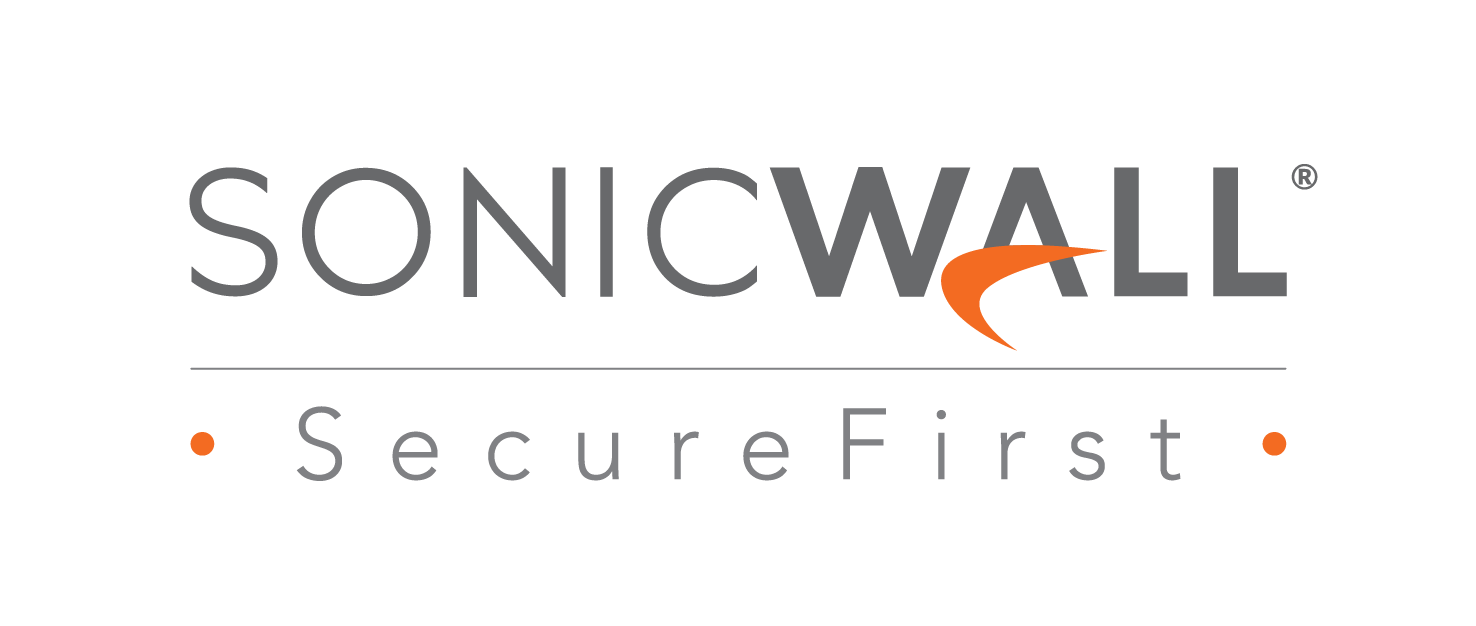Granular content filtering allows the administrator to block or apply bandwidth management to all predefined categories or any combination of categories. Administrators can apply User Level Authentication (ULA) and Single Sign-On (SSO) to enforce username and password logon. CFS can block potentially harmful content such as Java™, ActiveX®, and Cookies, as well as schedule filtering by time of day, such as during school or business hours. CFS also enhances performance by filtering out IM, MP3s, streaming media, freeware and other files that drain bandwidth.
Dynamically updated rating architecture cross-references all requested websites against a highly accurate database categorizing millions of URLs, IP addresses and domains. The SonicWall firewall receives ratings in real time, and then compares each rating to the local policy setting. The appliance will then either allow or deny the request based on the administrator’s locally configured policy.
Application traffic analytics suite includes SonicWall Global Management System (GMS®) and SonicWall Analyzer, each of which provides real-time and historic analysis of data transmitted through the firewall, including websites blocked and visited by user.
Easy-to-use web-based management enables flexible policy configuration and complete control over Internet usage. Administrators can enforce multiple custom policies for individual users, groups or specific category types. Local
URL filtering controls can allow or deny specific domains or hosts. To block objectionable and unproductive material more effectively, administrators can also create or customize filtering lists.
High-performance web caching and rating architecture allows administrators to block sites easily and automatically by category. URL ratings are cached locally on the SonicWall firewall, so that response time for subsequent access of frequently visited sites is only a fraction of a second.
IP-based HTTPS content filtering allows administrators to control user access to websites over encrypted HTTPS. HTTPS filtering is based on the categorical rating of websites containing information or images that are objectionable or unproductive such as violence, hate, online banking, shopping and others.
Scalable, cost-effective solution controls content filtering from the SonicWall firewall, eliminating the need for additional hardware or deployment expenditures on a separate dedicated filtering server.




